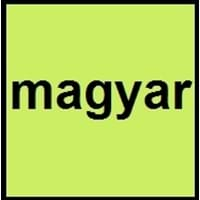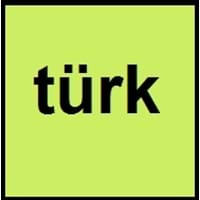Hungarian vs Turkish
- Hungarian language has only preserved most of its ancient elements.
- 'Magyar' is the Hungarian name for the language, the 'Magyar' is also used as an English word to refer to Hungarian people.
- Turkish language oldest written records are found upon stone monuments in Central Asia, in Orhun, Yenisey and Talas regions.
- Turkish language was developed in the Middle East, streching all the way to Eastern Europe.
Hungarian and Turkish Language History
Comparison of Hungarian vs Turkish language history gives us differences between origin of Hungarian and Turkish language. History of Hungarian language states that this language originated in 1192 AD whereas history of Turkish language states that this language originated in c. 1350. Family of the language also forms a part of history of that language. More on language families of these languages can be found out on Hungarian and Turkish Language History.
Hungarian and Turkish Greetings
People around the world use different languages to interact with each other. Even if we cannot communicate fluently in any language, it will always be beneficial to know about some of the common greetings or phrases from that language. This is where Hungarian and Turkish greetings helps you to understand basic phrases in Hungarian and Turkish language. Hungarian word for "Hello" is szia or Turkish word for "Thank You" is teşekkür ederim. Find more of such common Hungarian Greetings and Turkish Greetings. These greetings will help you to be more confident when conversing with natives that speak these languages.
Hungarian vs Turkish Difficulty
The Hungarian vs Turkish difficulty level basically depends on the number of Hungarian Alphabets and Turkish Alphabets. Also the number of vowels and consonants in the language plays an important role in deciding the difficulty level of that language. The important points to be considered when we compare Hungarian and Turkish are the origin, speaking countries, language family, different greetings, speaking population of these languages. Want to know in Hungarian and Turkish, which language is harder to learn? Time required to learn Hungarian is 44 weeks while to learn Turkish time required is 44 weeks.





